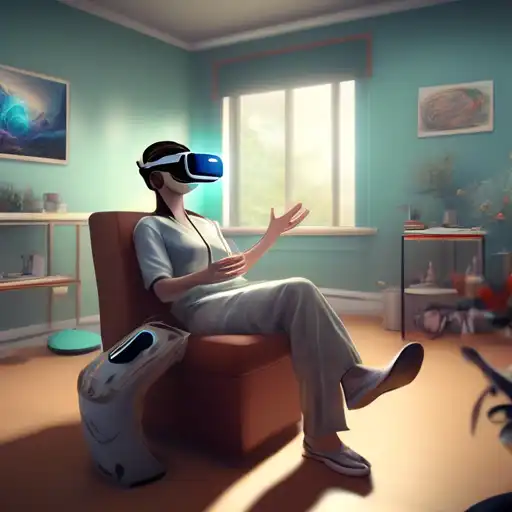The Transformative Role of Virtual Reality in Modern Therapy
Virtual Reality (VR) technology has transcended its initial entertainment purposes, emerging as a groundbreaking tool in the field of therapy. By creating immersive, controlled environments, VR offers unique opportunities for treating a variety of psychological and physical conditions. This article explores the innovative ways VR is being utilized in therapy, highlighting its benefits and potential for future applications.
Understanding VR Therapy
VR therapy involves the use of virtual reality technology to simulate environments for therapeutic purposes. It allows patients to confront and work through their issues in a safe, controlled setting. This method has shown remarkable success in treating conditions such as PTSD, anxiety disorders, and phobias.
Applications of VR in Therapy
The applications of VR in therapy are vast and varied. Below are some of the most notable uses:
- Exposure Therapy: VR is particularly effective in exposure therapy, helping patients face their fears in a controlled environment.
- Pain Management: Studies have shown that VR can significantly reduce pain perception during medical procedures.
- Rehabilitation: VR aids in physical rehabilitation by motivating patients through interactive exercises.
- Social Skills Training: Individuals with autism spectrum disorder benefit from VR by practicing social interactions in a safe space.
Benefits of VR Therapy
VR therapy offers several advantages over traditional methods, including:
- Enhanced engagement and motivation for patients.
- The ability to simulate real-life scenarios safely.
- Customizable environments tailored to individual therapeutic needs.
- Reduced costs and increased accessibility in the long term.
Challenges and Considerations
Despite its potential, VR therapy faces challenges such as high initial costs, the need for specialized equipment, and limited research in some areas. However, ongoing advancements in technology and increasing clinical studies are addressing these issues, paving the way for wider adoption.
The Future of VR in Therapy
The future of VR in therapy looks promising, with ongoing research exploring its use in treating more conditions, improving accessibility, and integrating AI for personalized therapy sessions. As technology continues to evolve, VR is set to revolutionize the therapeutic landscape, offering hope and innovative solutions to patients worldwide.
For more insights into how technology is transforming healthcare, explore our articles on Technology in Healthcare and Innovative Therapies.
